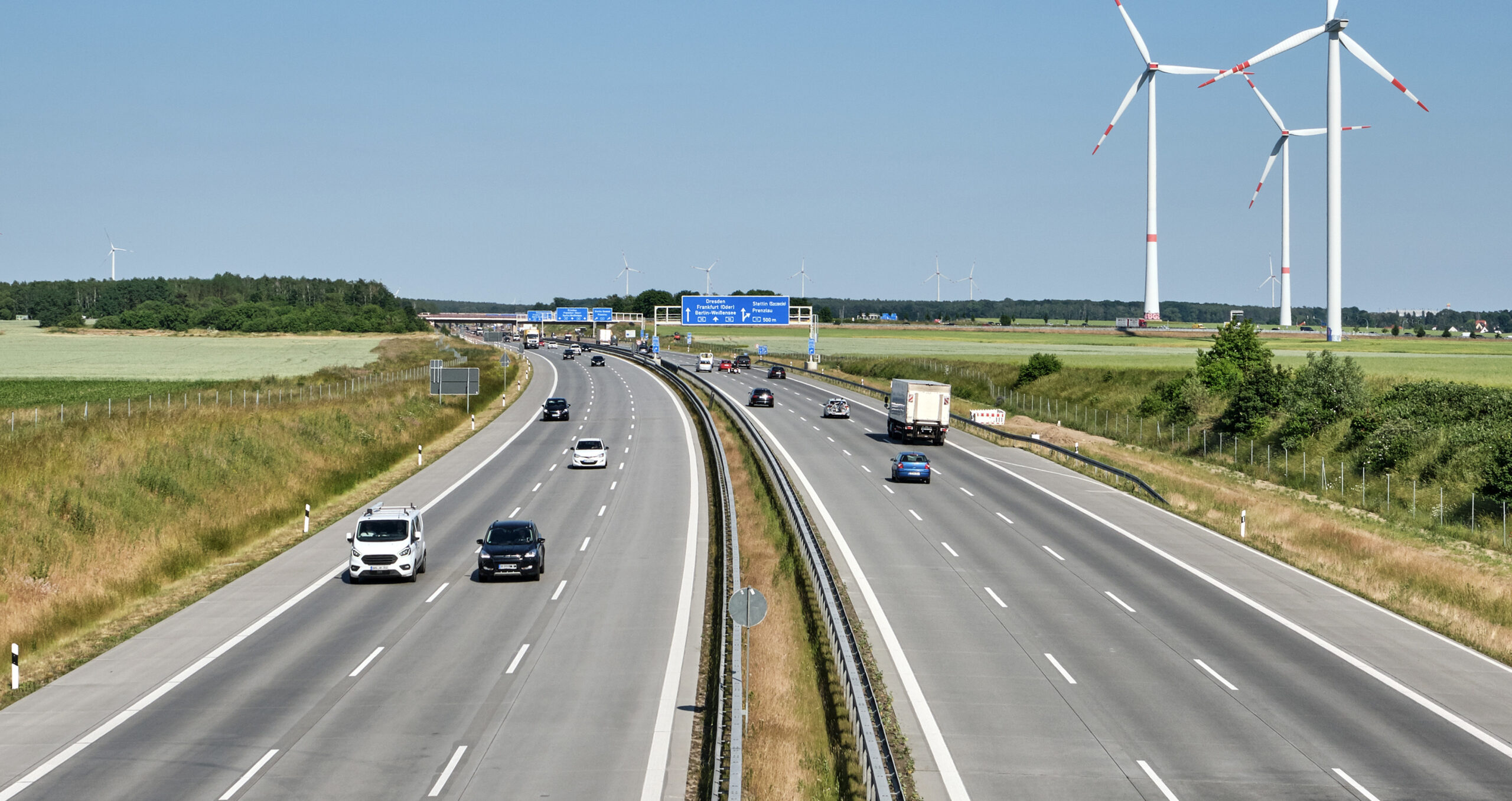
October 24, 2023
Explainer: Why transport is holding back Germany’s Energiewende

Tensions over how to best tackle emissions from the transport sector and differences of opinion between the various factions in the coalition government are slowing Germany’s move from fossil fuels to renewables
Germany was an early mover on the energy transition. Opposition to nuclear power in the 1980s and 1990s, followed by growing concerns about climate change, means renewable energy sources like wind and solar power are nothing new in Germany.
To continue reading
Request Free Trial- Unlimited access to all content
- Email alerts highlighting key industry insight.
- Invitations to attend exclusive roundtables and events.
- The Sustainable Views Policy Tracker - deep insight on ESG regulations and deadlines
Already a subscriber?Log in
Similar Articles

May 15, 2024
Using biofuels to power private jets is ‘least defensible’ use of US government subsidies
Powering private jets with biofuels is a ‘PR stunt’ with ecological and social consequences, the Institute for Policy Studies warns
read more
May 2, 2024
Truckmakers must speed into action to meet zero emissions rules
Legislators are demanding emissions cuts, but only 2% of new heavy-duty vehicles manufactured in 2023 globally were zero emissions
read more
May 2, 2024
Could wind energy help shipping cut its emissions sooner?
Seen as one of the hardest industries to decarbonise, shipping is facing tough investment decisions, with some campaigners promoting wind propulsion as a valid alternative to low-carbon fuels
read moreA service from the Financial Times

